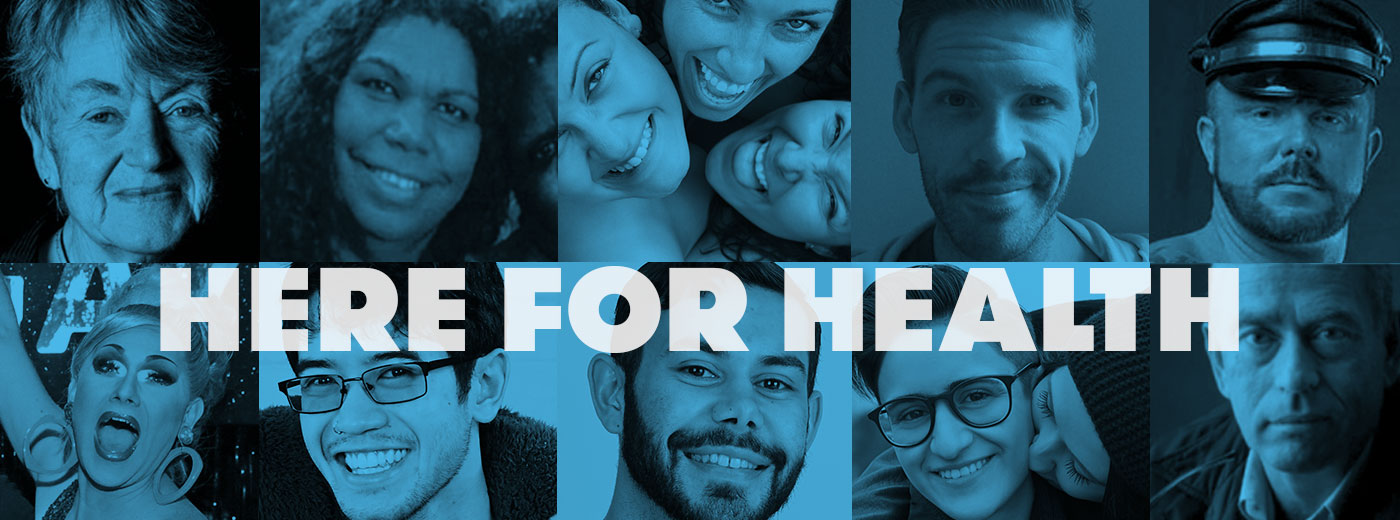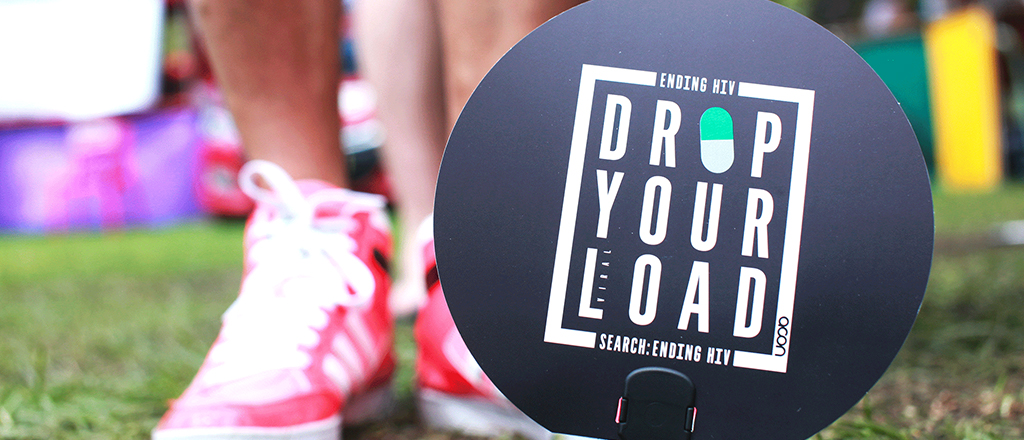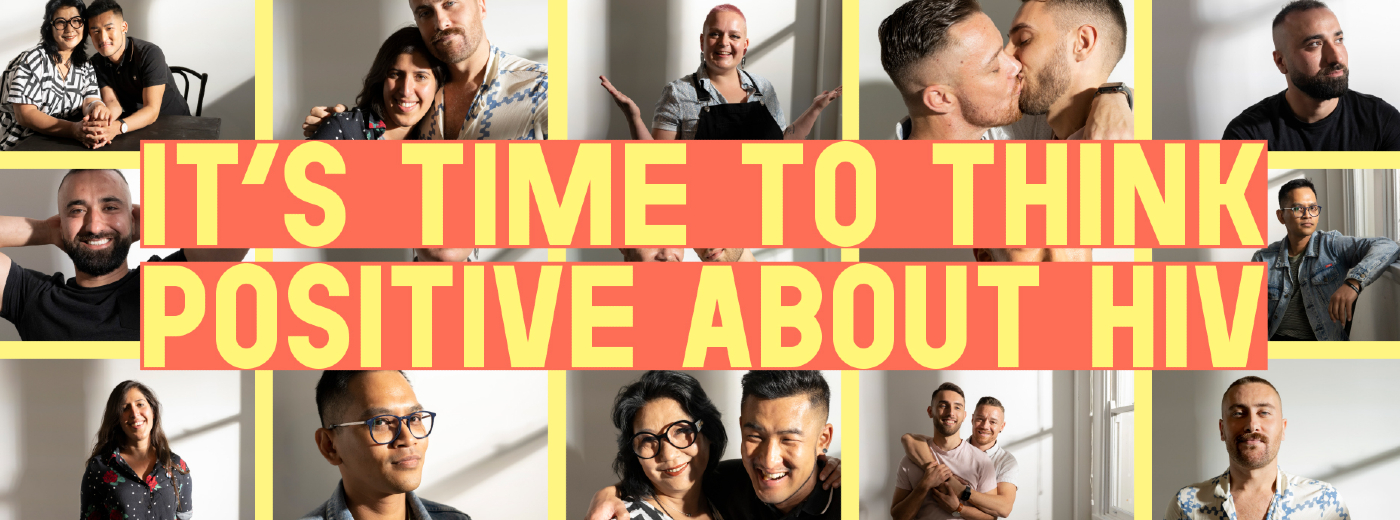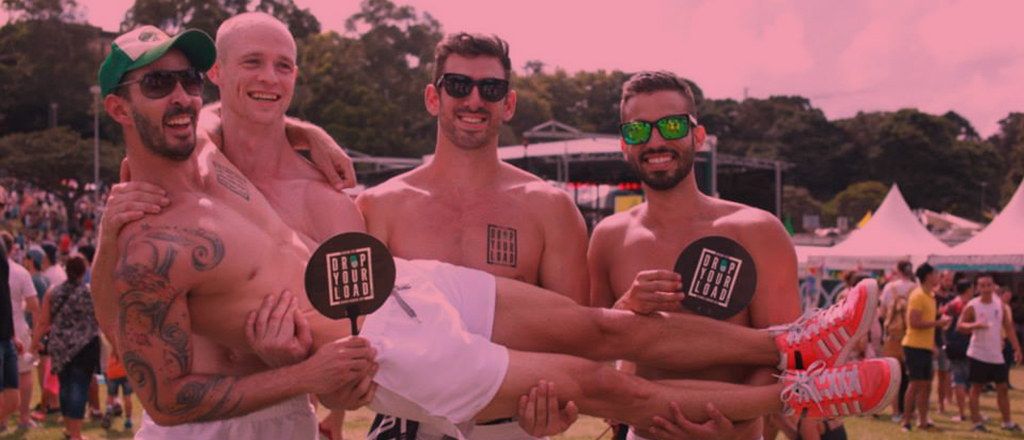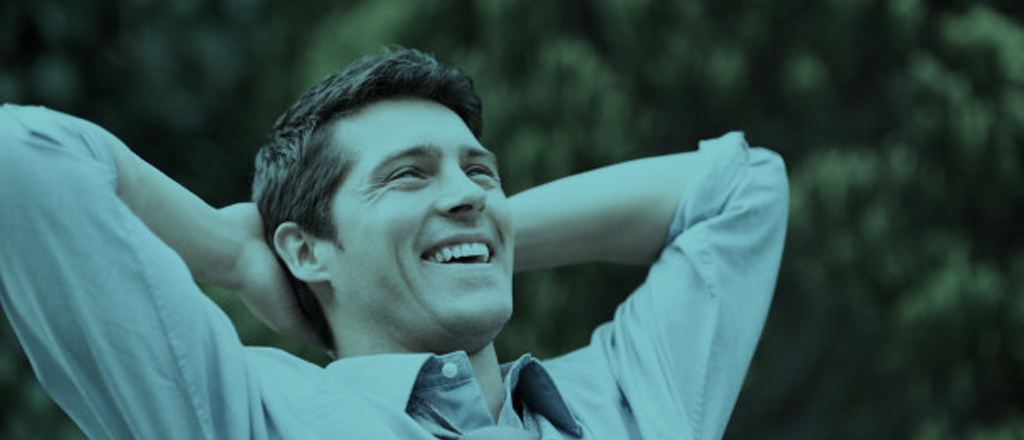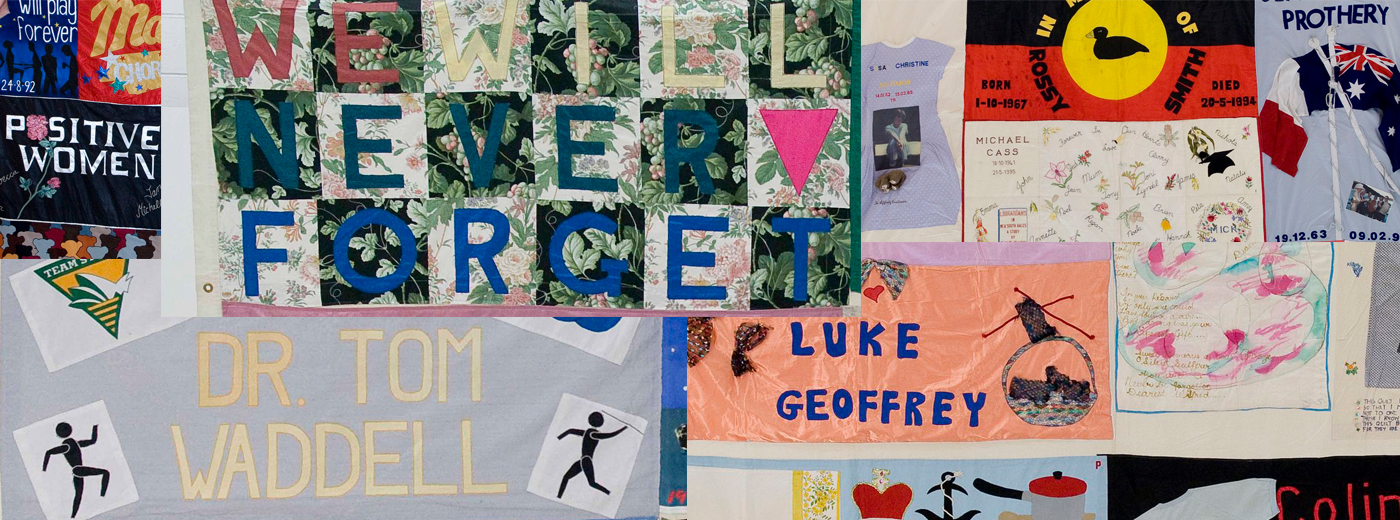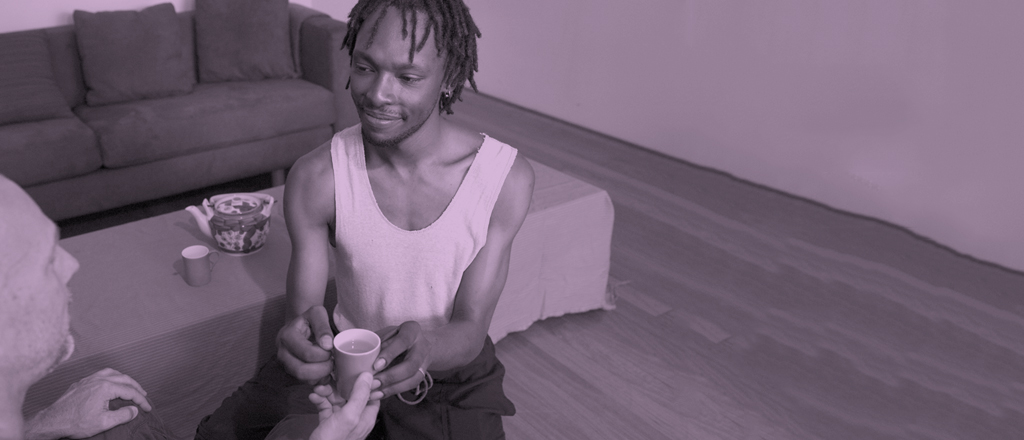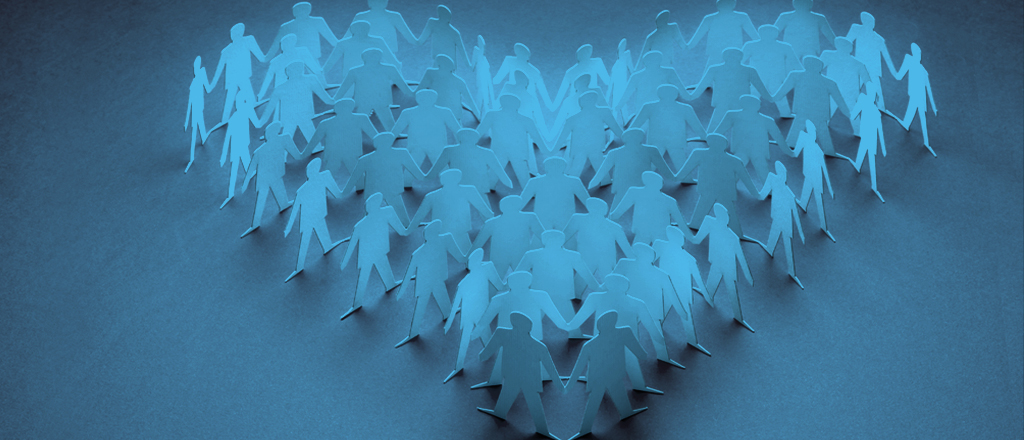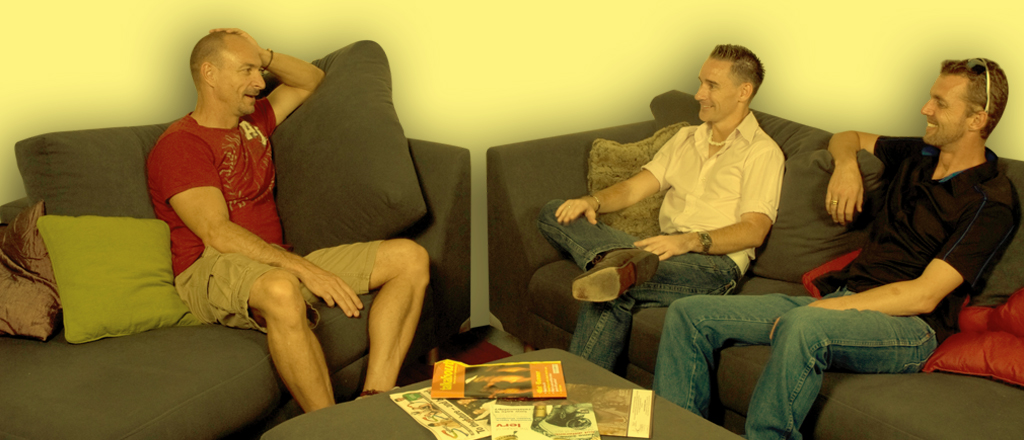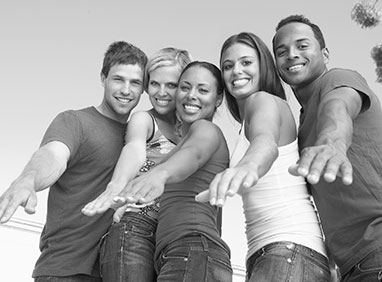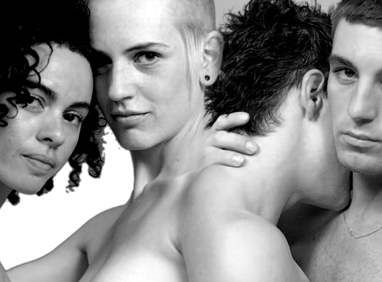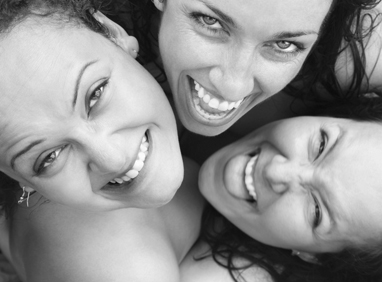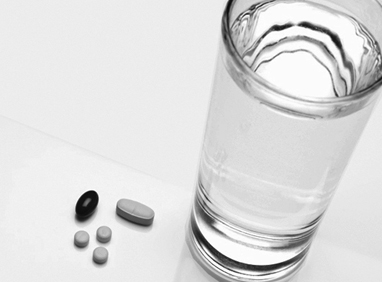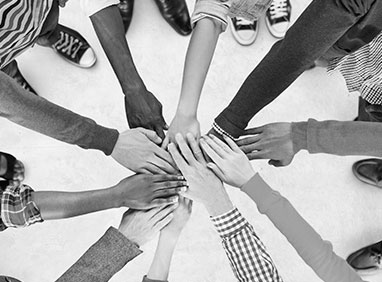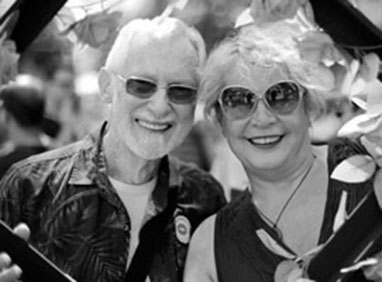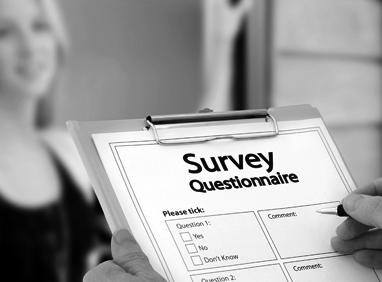We’re here to help people with HIV take control of their health by providing up-to-date information as well as a range of programs and services.
Information
Newly Diagnosed With HIV
a[STARTx] is a weekend workshop for gay, bi and queer men (cis and trans) who have been diagnosed with HIV within the last two years. It’s a peer-based workshop which means it’s run by other people who are also living with HIV who can relate to the experience of a new diagnosis.
a[STARTx] is a partnership between ACON and Positive Life NSW.
a[STARTx] aims to help you make sense of the range of issues confronting you after diagnosis. It can provide you with practical help and knowledge to manage your HIV diagnosis, gain confidence, build resilience and make informed decisions around the various issues that can confront you after a HIV diagnosis. It also provides you with an opportunity to meet other guys in a similar situation as yourself. This happens in a totally safe, confidential and supportive environment.
a[STARTx] gives you the opportunity to:
- Explore HIV and its impact on your life expectations
- Understand how HIV and your immune system work
- Get an overview of current and future treatments
- Understand HIV and its impact on your health, sex life and relationships
- Work out who to tell about your status and when to tell them
- Plan for the future
- Access services in the community
a[STARTx] resource
The a[STARTx] resource has been written by queer men living with HIV to help other men newly diagnosed with HIV to make sense of their diagnosis. a[STARTx] provides clear and concise information to support people through the initial phase of their diagnosis.
a[STARTx] covers topics that are important at diagnosis including treatment, disclosure and building a relationship with a doctor. a[STARTx] also has many useful links to support services across NSW.
Check out the a[STARTx] Resource here.
To order copies of the a[STARTx] resource, or for more information about our a[STARTx] workshops please contact our Sydney office 02 9206 2086 or email: astart@acon.org.au
HIV Treatment
HIV medications or HIV antiretrovirals (ARVs) are commonly referred to as treatments.
Australia’s high quality HIV services and health system allow people living with HIV to be very well supported in terms of treatment and care.
Effective HIV combination therapy prevents the virus from multiplying in the body. Most people on treatment can achieve an undetectable viral load (UVL), which provides great health benefits and stops onward transmission.
Treatments prevent and reduce long term health concerns related to HIV. Modern treatments today are easier to take, often one tablet a day, with far fewer side effects. New forms of treatments such as long-acting injectables are also becoming available.
The evidence supports starting treatment immediately because the health benefits of modern HIV treatments easily outweigh any side effects.
Treatments work best when they are taken as prescribed, this is often referred to as adherence. Taking your medication as part of a routine, at a similar time each day, can be a good way of remembering to take treatments. You should ask your doctor about the best ways to take your treatment and follow their advice.
Regardless of your Medicare status, you can now access HIV treatment without cost. If you have Medicare, you can continue to access your HIV treatments through the HIV s100 co-payment process, or if you don’t have Medicare, you’ll be able to access HIV treatment through the NSW public hospital system.
All people living with HIV in NSW can get their treatments dispensed from public hospitals and hospital-attached pharmacies without cost. It’s also possible to get treatment from GPs, community-based pharmacies, and local chemists – however, if you don’t have access to Medicare, there may be a cost for some of these services.
For more information, visit the HIV treatments page on our Ending HIV website.
HIV Disclosure
Disclosing your HIV status to other people can seem difficult, but there are things you can do to make it easier. Speaking to other people with HIV about their experiences of disclosure can be very helpful. You might talk about disclosure in relation to sex, relationships, friends, family, or the workplace.
It is helpful to meet other people living with HIV who have lived experience of disclosure, as they may help you to better understand the process of disclosing to friends, family, and partners. ACON’s It’s Time To Think Positive About HIV resource provides useful guidance about developing allyship within community.
The Disclosure Project is another useful resource on HIV disclosure. The Disclosure Project is a web-based resource enabling people to share personal stories of HIV disclosure to help and support others planning to disclose.
Disclosure and the law
With respects to HIV disclosure and the law, the NSW Parliament passed the Public Health Amendment (Review) Bill 2017 which made amendments to section 79 (s79) of the Public Health Act 2010. The amendments came into force on 18 October 2017. A person with a sexually transmissible disease or condition is no longer required by law to disclose that they have the condition prior to sexual intercourse.
The HIV/AIDS Legal Centre has published some useful information about HIV disclosure and the law.
HIV Stigma & Discrimination
What is HIV Stigma?
HIV stigma is a complex issue that manifests in many ways. It can stem from fear combined with a lack of understanding, empathy, or knowledge of HIV.
In some ways, you can compare HIV stigma to the way homophobic people treat people who are gay, lesbian or bisexual. Simply, stigma can be defined as any act that treats people living with HIV (PLHIV) as less than because of their HIV positive status.
Stigma doesn’t just affect PLHIV, it can also impact their partners, friends, families, and the broader community.
HIV Stigma for People Living with HIV
HIV stigma affects PLHIV in more ways than one.
HIV stigma can be perceived or it can be based on past and current experiences. One example of HIV stigma is the use of words like “clean only” on hook-up profiles.
Perceptions of HIV stigma can also lead to stigma being anticipated, meaning it is expected to occur, whether it is grounded in truth or not. This can lead to feelings of anxiousness or isolation.
At its worse, HIV stigma can become internalised, whereby a person might start to believe some of these stigmatising messages about themselves.
HIV Stigma in the Community
HIV stigma can show up in a variety of ways within the community.
It can be a cruelly worded rejection on Grindr as the result of someone living with HIV disclosing their status. It may be a joke among friends at a party at the expense of people living with HIV, or it can be prejudging someone’s character for having acquired HIV.
Some people also have trouble overcoming fears about HIV. As an example, the proven science showing that someone living with HIV who is on effective HIV treatment and cannot transmit HIV to a sexual partner might be impossible for some to accept.
Be an Ally
For people who are HIV negative, there is a lot that can be done to make a change.
Demonstrating allyship to people living with HIV is powerful and acting as an ally reduces HIV stigma. You can display allyship in many different relationships and settings, such as when hooking up, in friendships and relationships, in the community, and in our families.
When your friend or brother reveals their HIV positive status, respect their disclosure, and show your support. When you hear someone make a discriminatory comment about HIV, call it out and help educate them.
A Practical Guide to Being a Better HIV Ally
Inspired to make a change? For practical guidance and useful strategies to being an ally to people in your life living with HIV, read or download our guide It’s Time to Think Positive About HIV – A Practical Guide to Being a Better HIV Ally.
HIV & Sexual Health
Some sexually transmissible infections (STIs) can be more difficult to treat for people with HIV. Also some types of STIs can increase the chances of transmitting HIV to sexual partners.
Some STIs can increase the HIV viral load in cum, pre-cum and anal mucus because the immune system is fighting both the HIV infection as well as the other STI. For an HIV positive man, an increased viral load means an increased health risk, and also makes passing on HIV more likely if you are having sex without condoms.
You can get detailed information about STIs from the Drama Down Under website, a comprehensive online resource covering the most common STIs experienced by gay men.
When someone has both Hep C and HIV, their viral load of HIV can increase, putting their health at risk. It’s therefore important for gay men to educate themselves about Hep C.
Find out more about HIV and Hep C.
STI Testing
Managing your sexual health can be easy. Having a sexual health test when you visit your doctor for your routine HIV check-up is the best way to stay on top of your sexual health. If you notice symptoms of an STI, you can go straight to your doctor or a sexual health centre for treatment.
The more sexually active you are, the more often you should get tested. Knowing you have a sexually transmissible infection (STI) allows you to treat it and also prevent passing on the STI to sexual partners.
Find out more about your nearest sexual heath testing centre
HIV & General Health
People with HIV have a range of health-related matters to consider.
These include:
- Having a good relationship with a doctor who you feel comfortable with.
- Knowing which HIV treatments are available and knowing which ones are right for you.
- Taking preventative actions like quitting smoking, drinking less, having a healthy diet and getting exercise.
Oral Health
Some people living with HIV may experience a greater frequency of certain oral conditions like gingivitis and periodontitis. Others may experience taste change or dry mouth, or they may find more grinding of their teeth.
Many people living with HIV feel more comfortable seeing a dentist who has a history of working with people with HIV.
Find out more about HIV and oral health on the Positive Life NSW website.
Smoking
Smoking is particularly prevalent among people with HIV, who smoke up to three times the rate than the general population.
People living with HIV who smoke are at greater risk of many types of cancers compared to their non-smoking positive peers. Quitting smoking is one of the best things you can do to improve your health if you smoke even a small number of cigarettes.
Smoking also increases risk across a range of conditions like heart disease, pneumonia and oral conditions like thrush.
Visit ACON’s Can We website to find out more about smoking cessation or the NSW health website for more information about services that may help you quit smoking.
HIV & Oral Health
Living with HIV means you should take particular care of your oral health.
Some people may experience a greater frequency of certain oral conditions like gingivitis and periodontitis. Others may experience taste change or dry mouth, or they may find more grinding of their teeth.
Many people with HIV feel more comfortable seeing a dentist who has a history of working with people with HIV.
Free public dental health care is delivered to eligible clients including people with HIV in a number of settings across NSW within Local Health Districts (LHDs).
People with HIV in NSW who hold a Health Care or Pension Card are eligible for free public dental health care. In some LHDs arrangements are made to provide enhanced dental health care for people with HIV.
Find out more about HIV & oral health on the Positive Life NSW website
HIV & Smoking
Smoking is particularly prevalent among people with HIV, who smoke up to three times the rate than the general population.
Quitting smoking is one of the best things you can do to improve your health if you smoke even a small number of cigarettes, as people with HIV who smoke are at greater risk of many types of cancers compared to their non-smoking positive peers.
Smoking also increases risk across a range of conditions like heart disease, pneumonia and oral conditions like thrush.
The Albion Centre in Sydney provides information on this topic and runs a quit smoking program.
HIV & Ageing
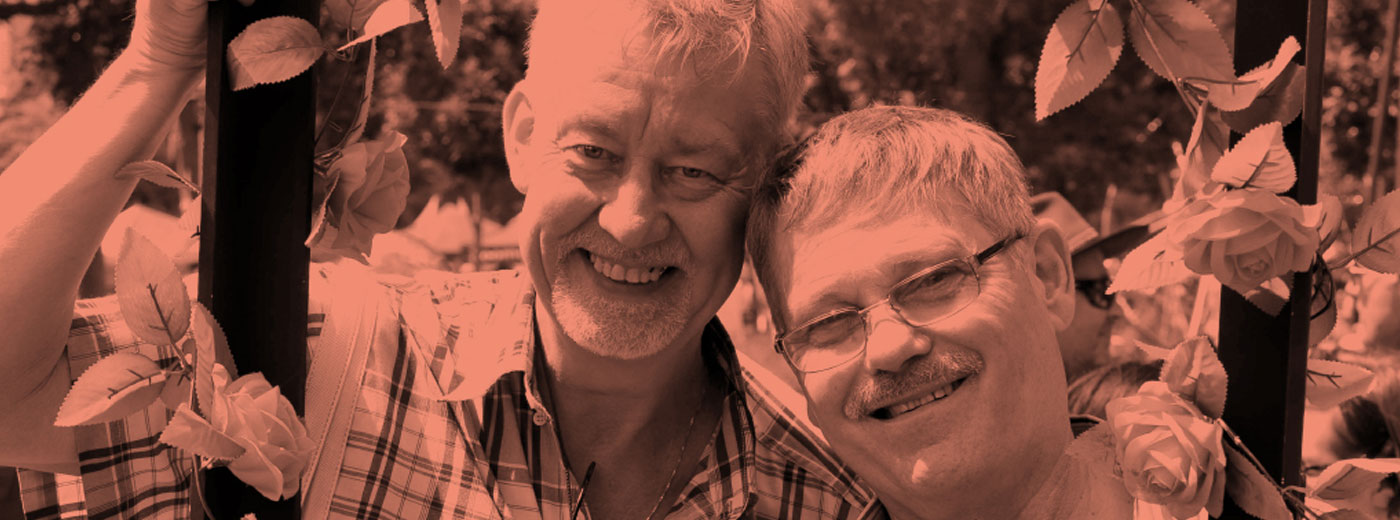
People with HIV who commence treatment early and who maintain effective control of their HIV viral load have a life expectancy no different from the general population. This has been clearly demonstrated in large studies of people in high income countries with access to best practice HIV clinical care.
For those in our communities who were living with HIV before effective HIV treatments, HIV may have damaged their immune system or contributed to premature ageing of the immune system. Some who are living longer term with HIV may be at risk of disease at an earlier age or at slightly increased rates compared to the general population.
Potential health concerns may include cardiovascular disease, cancer, chronic kidney disease, diabetes, osteoporosis, frailty, and neurocognitive deficits.
To counteract these risks, it is recommended to adopt regular exercise, eating well, and maintaining a healthy body weight, not smoking and moderate drinking.
Find out more about HIV and ageing via the LOVE Project website
Connect With Other People Living With HIV
Connecting with other people living with HIV can be a valuable source of support.
In addition to the workshops and services offered by ACON, organisations like Positive Life NSW and the Bobby Goldsmith Foundation provide other options for face-to-face support. The Institute of Many (TIM) is a community of people living with HIV who may provide support online. There are also national networks organised by NAPWHA; these networks are for positive people from diverse backgrounds to meet other positive people who share the same identity.
Australian AIDS Quilt Project
After disappearing from the internet in 2011, the Australian AIDS Quilt Project has recently been republished online thanks to the work of some tireless and dedicated community members. The Project can be seen here.
Services
Newly Diagnosed With HIV Services
a[STARTx] is a weekend workshop for gay, bi and queer men (cis and trans) who have been recently diagnosed with HIV and would like to connect with their community.
It’s a peer-based workshop which means it’s run by other people with HIV who can relate to the experience of an HIV diagnosis.
a[STARTx] is a partnership between ACON and Positive Life NSW.
a[STARTx] aims to provide participants with practical help and knowledge to manage their HIV diagnosis, gain confidence, build resilience and make informed decisions around the various issues that may confront them after an HIV diagnosis.
a[STARTx] also provides participants with an opportunity to meet others in the same situation in a safe, confidential, and supportive environment.
For more information please contact our Sydney office 02 9206 2086 or email: astart@acon.org.au.
Counselling
We provide free and confidential post-test counselling support for people recently diagnosed with HIV and others affected, including partners, family and friends. Support is also available for people testing for HIV.
Follow-up is provided within one working day and assistance is provided either face-to-face or via telehealth. This includes providing HIV-related information, linking people into peer support programs and other support services, and supporting people to discuss the needs and feelings associated with a recent diagnosis.
For more information or to undertake a brief intake assessment, please complete the Online Intake Form or contact your nearest ACON office.
This service is funded by the NSW Ministry of Health.
One-On-One Peer Support
One-on-one peer support connects people living with HIV with each other. Peer support is for those who want to speak to someone who know exactly what they are going through from personal experience.
Peers know what it is like to receive a new diagnosis and to live as an HIV positive person.
This is not a counselling service, but one-on-one support with an experienced peer.
To find our more or to speak with a peer, please email astart@acon.org.au.
a[STARTx] Workshops
a[STARTx] is a weekend workshop for gay, bi and queer men (cis and trans) who have been recently diagnosed with HIV.
It’s a peer-based workshop which means it’s run by other people with HIV who can relate to the experience of a new diagnosis.
a[STARTx] is collaboration between ACON and Positive Life NSW.
a[STARTx] aims to provide participants with practical help and knowledge to manage their HIV diagnosis, gain confidence, build resilience and make informed decisions around the various issues that may confront them after an HIV diagnosis.
a[STARTx] also provides participants with an opportunity to meet others in the same situation in a safe, confidential and supportive environment.
a[STARTx] gives participants the opportunity to:
- Explore HIV and its impact on your life
- Understand how HIV and your immune system work
- Get an overview of current and future treatments
- Understand HIV and its impact on your health, sex life and relationships
- Work out who to tell about your status and when to tell them
- Take charge of your own health
Testimonials:
“Having been to an a[STARTx] workshop at ACON, I’d highly recommend it to anyone unsure about it. They provide a safe and comfortable environment to ask questions and learn more about HIV while connecting with other men in similar situations. The peer support format is probably how I got the most out of it, especially helping me come to the realisation of ‘I’m not alone on this journey.’”
“I completed the a[STARTx] program two months after my diagnosis. I went into the weekend feeling isolated and quite hesitant, not knowing anyone else living with HIV. I left feeling not only educated, but incredibly supported and welcomed by the team at ACON.”
“It took me a while to pluck up the courage to attend this workshop. I wish I had done it sooner, it has made such a change to my life.”
Upcoming a[STARTx] Workshops
- Weekend: 27th – 28th August 2024
Where: ACON Sydney – 414 Elizabeth St, Surry Hills 2010
For more information, please contact our Sydney office 02 9206 2086 or email: astart@acon.org.au.
a[STARTx] Workshops
a[STARTx] (previously known as Genesis), is a weekend workshop for gay men who have been diagnosed with HIV within the last two years.
It’s a peer-based workshop which means it’s run by other gay men with HIV who can relate to the experience of a new diagnosis.
a[STARTx] aims to provide participants with practical help and knowledge to manage their HIV diagnosis, gain confidence, build resilience and make informed decisions around the various issues that may confront them after a HIV diagnosis.
a[STARTx] also provides participants with an opportunity to meet other guys in the same situation in a safe, confidential and supportive environment.
a[STARTx] gives participants the opportunity to:
- Explore HIV and its impact on your life
- Understand how HIV and your immune system work
- Get an overview of current and future treatments
- Understand HIV and its impact on your health, sex life and relationships
- Work out who to tell about your status and when to tell them
- Take charge of your own health
a[STARTx] is collaboration between ACON and Positive Life NSW.
Testimonials:
“Having been to a Genesis [workshop] at ACON, I’d highly recommend it to anyone unsure about it. They provide a safe and comfortable environment to ask questions and learn more about HIV while connecting with other men in similar situations. The peer support format is probably how I got the most out of it, especially helping me come to the realisation of ‘I’m not alone on this journey.'”
“I completed the Genesis program last year, two months after my diagnosis. I went into the weekend feeling isolated and quite hesitant, not knowing anyone else living with HIV. I left feeling not only educated, but incredibly supported and welcomed by the team at ACON.”
“It took me a while to pluck up the courage to attend this workshop. I wish I had done it sooner, it has made such a change to my life.”
Upcoming a[STARTx] Workshop
- Weekend: 7 – 9 February 2025
Where: ACON Sydney – 414 Elizabeth St, Surry Hills 2010
For more information please contact our Sydney office 02 9206 2086 or email: astart@acon.org.au.
One-On-One Peer Support
One-on-one peer support connects HIV positive people with each other.
Peer support is for those who want to speak to someone who knows exactly what they are going through from personal experience. Peers know what it is like to receive a new diagnosis and to live as an HIV positive person.
This is not a counselling service, but one-on-one support with an experienced peer.
For more information or to speak with a peer, please email astart@acon.org.au.
HIV Support Counselling
We provide FREE and confidential counselling to anyone aged 18 years or older living with or affected by HIV including partners, family members and friends. This includes priority follow up for anyone with a recent diagnosis within the past two years and for people seeking HIV prevention information.
The service provides short term (up to 12 sessions) counselling to assist people to manage their health and wellbeing. Counsellors use a solution focused model drawing on a range of approaches to best meet the needs of individuals and couples.
Our Counsellors work in Sydney, Lismore and Newcastle. The service can also be accessed via phone or telehealth.
For more information or to undertake a brief intake assessment, please complete the Online Intake Form or contact your nearest ACON office.
This service is funded by the NSW Ministry of Health.
Care Coordination
We provide FREE and confidential care coordination support for people living with HIV and sexuality and gender diverse people aged 18 years and older with multiple and/or complex needs. Our Care Coordinators are allied health professionals who can help people to:
- Access relevant healthcare and support services
- Increase their ability to manage their care and treatment
- Reduce social isolation
Needs may relate to:
- HIV or sexual health
- Mental health
- Alcohol and/or drug use
- Housing
- Family/domestic violence
- Finances
- Legal
Care coordinators typically work with clients over 3 months to develop a care plan and provide support to help them achieve their goals.
Priority is given to people living with HIV, and people at risk or affected by HIV.
For more information or to undertake a brief intake assessment, please complete the Online Intake Form or contact your nearest ACON office.
This service is funded by the NSW Ministry of Health and Hunter New England LHD.
Ageing Support – Community Support Network
For more than 30 years our Community Support Network (CSN) program has supported the quality of life, independence, and choices of people living with HIV in New South Wales.
CSN provides FREE practical assistance to help people living with HIV live as independently as possible in their own homes.
This program is available to people who have a diagnosis of physical or cognitive impairment as a result of, or in the presence of, HIV infection resulting in impaired capacity for independent living.
CSN has trained volunteers that offer services around
- basic cleaning
- gardening
- grocery shopping
- doing the laundry
- meal preparation
- transport to and from medical appointments
If you are interested or would like to refer someone to ACON’s CSN program, please complete the Online Intake Form or email hbcare@acon.org.au or visit your nearest ACON office.
This service is proudly funded by the NSW Ministry of Health.
How to get involved with ACON’s Ageing Support Services:
Recipients:
If you are interested or would like to refer someone to ACON’s ACVVS or CSN program, please complete the Online Intake Form or email hbcare@acon.org.au or visit your nearest ACON office.
A Client Service Officer from the Ageing Support Services team will undertake an intake assessment and discuss your eligibility and suitability for the programs.
Potential volunteers:
If you would like to volunteer for ACON’s ACVVS or CSN program, please complete the form at Volunteer at ACON (aconhealth.org.au) or email hbcare@acon.org.au for any queries.
Meal Service
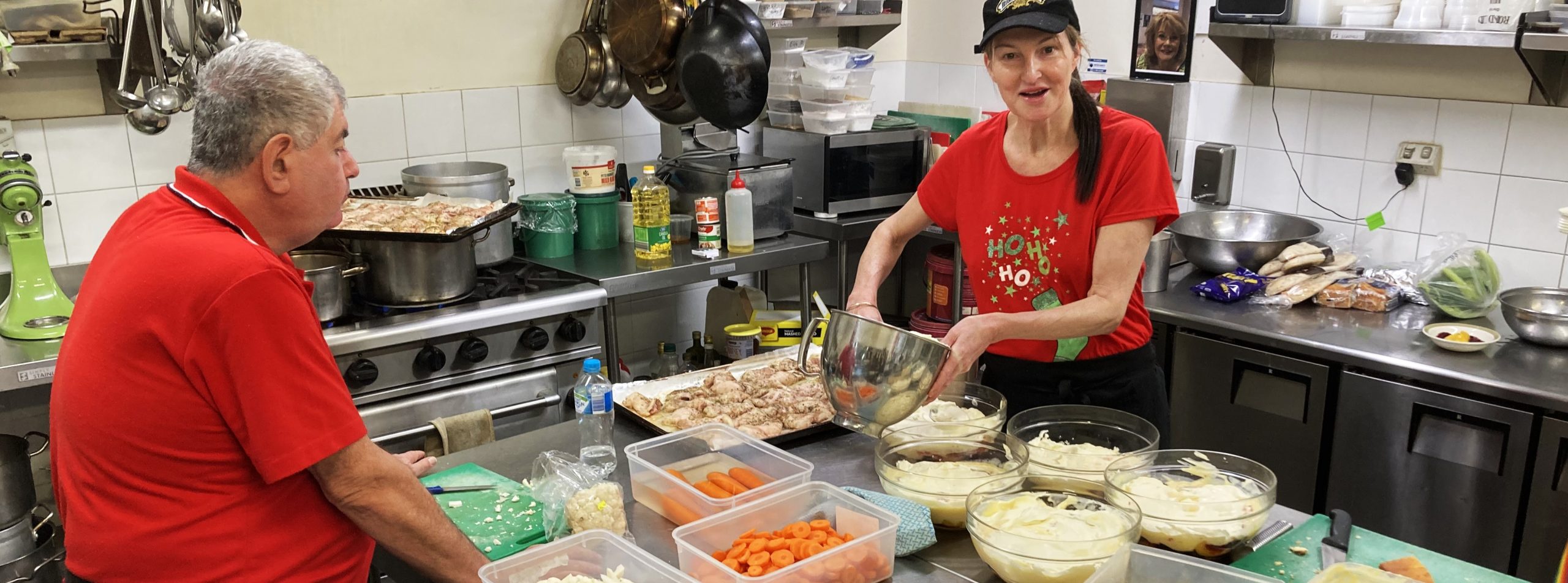
ACON offers a FREE lunch service every Friday for people who are living with HIV.
The meal service offers a friendly space where people can catch up and have a bite to eat while connecting with staff for referrals and/or advice for any questions relating to HIV.
Anyone arriving to the service for the first time should speak to a staff member about signing up for the service.
Where: ACON Café, 414-418 Elizabeth St, Surry Hills, Sydney
When: Every Friday – Doors Open at 11:30am, meal served at 12 midday
Vitamin Service
ACON’s vitamin service is a non-profit program that aims to provide high quality vitamins and nutritional supplements at the lowest possible price to people living with HIV, ACON clients and staff. Clients and staff of our partner organisations (Positive Life NSW, HALC, NUAA, Hepatitis NSW, Bobby Goldsmith Foundation, etc) are also able to access the service.
Our product list is based on advice from dietitians, HIV/AIDS practitioners and naturopaths. We also take into consideration our community’s suggestions.
The service is governed by the Therapeutic Goods Act (1989), which oversees the packaging, sale, and advertising of all therapeutic substances. The Vitamin Service works on a script basis because of the Act.
Accessing Our Vitamin Service
To use the vitamin service, you will need an ACON vitamin script form signed by your dietitian, GP or complementary therapist, indicating which vitamins/supplements suit your needs.
Many practitioners have ACON vitamin service scripts in their consulting rooms. These forms are also available at ACON’s reception. You can visit our Sydney office or contact reception at acon@acon.org.au or phone 02 9206 2000. The script expires after six months and is confidentially stored at the service using a non-identifying client code.
As outlined by the Therapeutic Goods Act, we are unable to give advice or recommend the use of any product. This is the role of your dietitian, GP or therapist.
